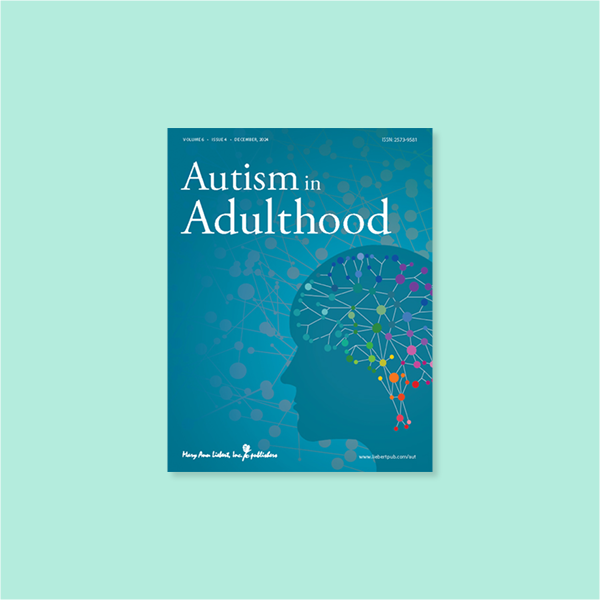 Image 1 of 1
Image 1 of 1


An ethical advantage of Autistic employees in the workplace
Hartman and Hartman, 2024
This study explores whether differences between Autistic and non-Autistic employees, often framed as deficits, may actually be strengths - particularly in ethical decision-making and workplace interventions. Autistic participants were found to have lower levels of moral disengagement and were more likely to speak up about organisational problems, showing reduced susceptibility to social influence and the bystander effect. These findings suggest that Autistic employees may contribute positively to organisational integrity and performance through their increased ethical awareness and independent thinking.
Hartman and Hartman, 2024
This study explores whether differences between Autistic and non-Autistic employees, often framed as deficits, may actually be strengths - particularly in ethical decision-making and workplace interventions. Autistic participants were found to have lower levels of moral disengagement and were more likely to speak up about organisational problems, showing reduced susceptibility to social influence and the bystander effect. These findings suggest that Autistic employees may contribute positively to organisational integrity and performance through their increased ethical awareness and independent thinking.






